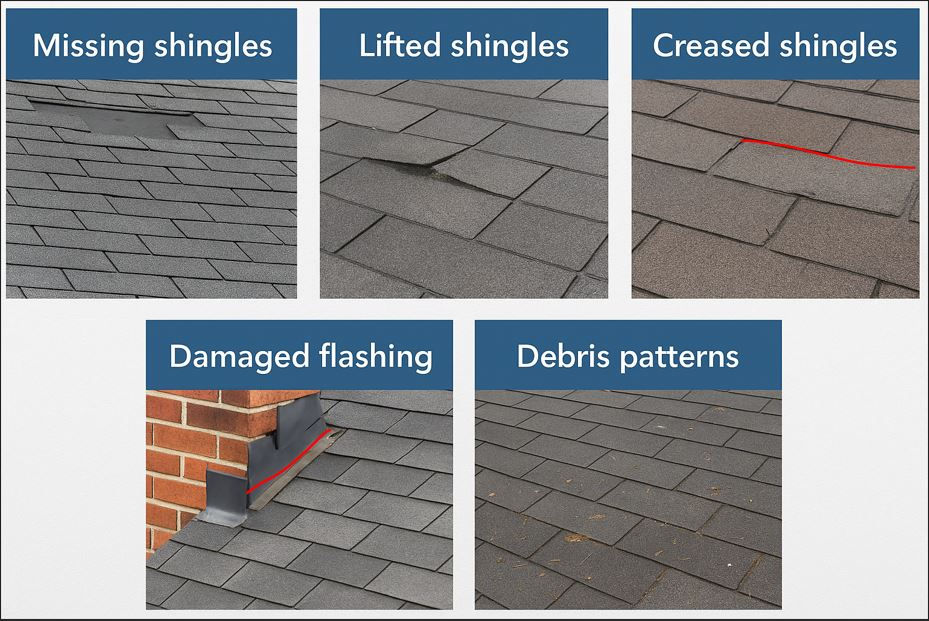Insurance Appraisal vs. Public Adjuster: Which One Do You Need?
- clamiumappraisals
- Mar 9, 2025
- 3 min read

When disaster strikes and you need to file a home insurance claim, navigating the claims process can be overwhelming. Many homeowners assume their insurance company will fairly assess the damage and issue a reasonable settlement, but this isn't always the case. If you’re facing a dispute over the payout amount, you might need professional assistance.
Two key options available to homeowners are insurance appraisals and public adjusters—but which one is right for you?
What is an Insurance Appraisal?
An insurance appraisal is a formal dispute resolution process used when the policyholder and the insurance company cannot agree on the claim amount. Many insurance policies include an appraisal clause, allowing both parties to select their own independent appraiser to assess the damage. If they still disagree, a neutral third party, called an umpire, makes the final decision.
When Should You Consider an Insurance Appraisal?
Your claim has been undervalued and you want an independent assessment.
You and your insurer agree on coverage but disagree on the payout amount.
You prefer a formal dispute resolution process instead of litigation.
You are dealing with property damage from natural disasters, fires, or storms where costs can vary.
Pros & Cons of Insurance Appraisal
Pros:
✔ Faster than lawsuits or other legal disputes.
✔ Can lead to a fairer settlement.
✔ Involves professionals experienced in insurance valuation.
Cons:
✘ Only determines the value of the claim, not coverage disputes.
✘ Appraisal costs are split between both parties.
✘ The decision is binding, limiting further negotiation options.
What is a Public Adjuster?
A public adjuster is a licensed professional hired by the homeowner to manage and negotiate the entire insurance claim process on their behalf. Unlike the adjuster assigned by the insurance company, a public adjuster works solely for you to ensure you receive the highest possible settlement.
When Should You Consider Hiring a Public Adjuster?
You don’t have the time or expertise to handle the claim process yourself.
The insurance company has denied your claim or is significantly delaying payments.
You need an advocate to negotiate directly with your insurer.
Your home has suffered extensive damage, requiring complex assessments and documentation.
Pros & Cons of Public Adjusters
Pros:
✔ Handles all claim negotiations, saving you time and effort.
✔ Often results in a higher settlement than initially offered.
✔ Works directly with your insurance company, reducing stress.
Cons:
✘ Charges a percentage of your final payout (typically 10-20%).
✘ The process can take longer if negotiations stall.
✘ Not all public adjusters are equally experienced—choosing the right one is key.
Insurance Appraisal vs. Public Adjuster: Which One is Right for You?
Factor | Insurance Appraisal | Public Adjuster |
Purpose | Resolves disputes over claim amount. | Manages the entire claim process and negotiates with the insurer. |
Best for | Disagreements about damage valuation. | Homeowners needing professional advocacy and claim handling. |
Who is involved? | Independent appraisers and an umpire. | A licensed public adjuster working on your behalf. |
Cost | Each party pays for their appraiser; umpire fee is shared. | Adjuster takes a percentage of the final settlement. |
Legally Binding? | Yes, final decision on value is binding. | No, settlements are negotiated. |
Both insurance appraisals and public adjusters can be valuable tools in the claims process, but they serve different purposes. If you simply need a fair assessment of damages and a higher payout, an appraisal may be the best route. If you need full claim support and negotiation with your insurer, a public adjuster can advocate for your best interests.
Always check your insurance policy to see if it includes an appraisal clause, and research any public adjuster before hiring to ensure they are licensed and reputable.
Would you like assistance with your insurance claim? Contact a professional today to determine the best course of action!




Comments